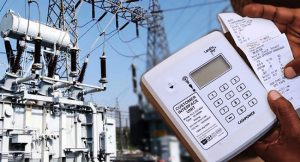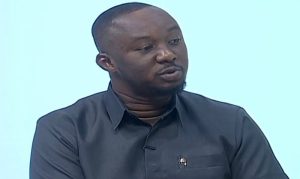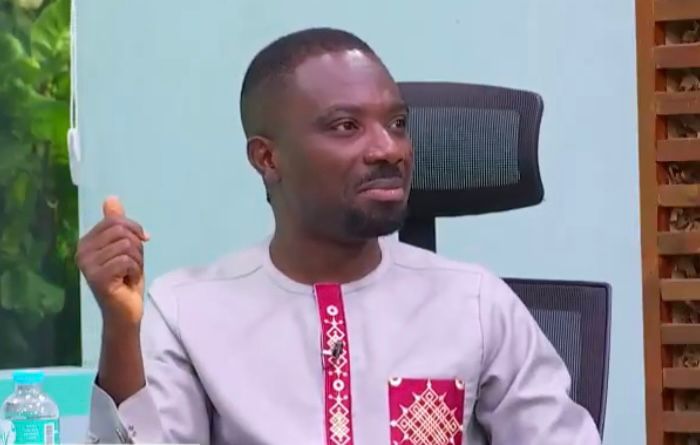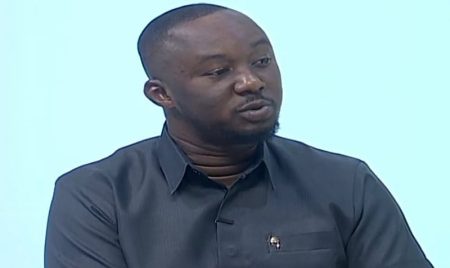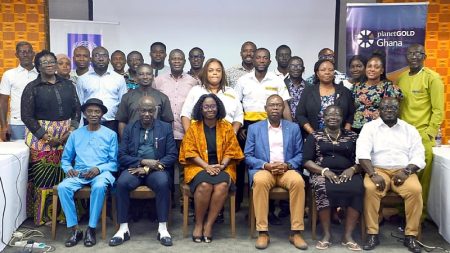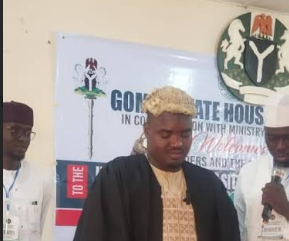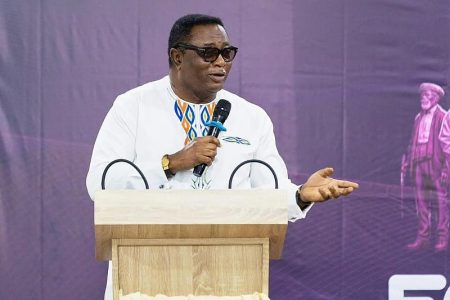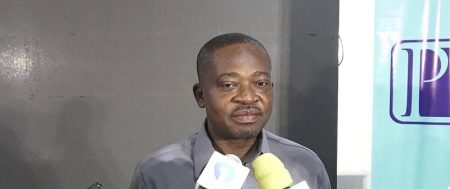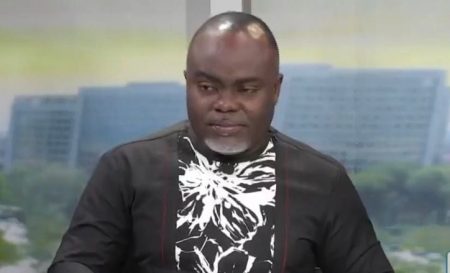Dennis Miracles Aboagye, an aide to former Vice President Dr. Mahamudu Bawumia, has launched a scathing critique of the National Democratic Congress (NDC) government, accusing them of deceptive fiscal practices and economic mismanagement. Aboagye contends that despite the NDC’s public pronouncements of running a lean government and criticizing the previous Akufo-Addo administration for its supposed bloat, their spending patterns tell a different story. He alleges that the NDC’s expenditure significantly surpasses that of the Akufo-Addo government, contradicting their claims of fiscal prudence and efficiency.
Aboagye argues that the NDC has created a “Kwashiorkor economy,” a term he uses to describe a government that appears small in size but harbors exorbitant spending habits. He claims that the NDC is spending GHS 2.7 billion on government machinery, a stark contrast to the GHS 327 million spent by the Akufo-Addo government. This significant increase in expenditure, according to Aboagye, exposes the NDC’s misleading rhetoric and reveals their true fiscal behavior. He further asserts that the current economic hardships faced by Ghanaians, characterized by escalating prices of essential commodities, are a direct consequence of the NDC’s unsustainable spending.
To illustrate the severity of the economic situation, Aboagye cites the dramatic price hike of cement, a key construction material, which has risen from GHS 85-90 to GHS 130. This surge in price, he argues, exemplifies the broader inflationary trend that is eroding the purchasing power of Ghanaians and exacerbating the cost of living crisis. He emphasizes the tangible impact of these economic policies on ordinary citizens, highlighting the growing financial strain faced by individuals and families across the country.
Aboagye urges the NDC government to move beyond rhetoric and address the pressing economic challenges facing the nation. He calls for less talk and more action, emphasizing the need for concrete measures to mitigate the economic hardship and stabilize the cost of living. He reminds the government of its democratic responsibility to serve the people and address their concerns, highlighting the importance of tangible results over political posturing.
Aboagye’s critique underscores a growing concern among some segments of the Ghanaian population regarding the NDC’s fiscal management. His accusations of deceptive practices and excessive spending, coupled with the rising cost of living, paint a picture of an economy under strain. The comparison to the previous administration serves to highlight the perceived disparity between the NDC’s promises of fiscal responsibility and their actual spending habits. This raises questions about the government’s economic strategy and its ability to address the challenges facing ordinary Ghanaians.
The criticisms leveled by Aboagye echo the broader political discourse surrounding economic management in Ghana. The debate over government spending, fiscal responsibility, and the impact on the cost of living is a recurring theme in the country’s political landscape. Aboagye’s pronouncements contribute to this ongoing discussion and underscore the importance of transparency and accountability in government spending. His call for action serves as a reminder of the need for effective policies that address the real-world economic challenges faced by the citizens of Ghana.



